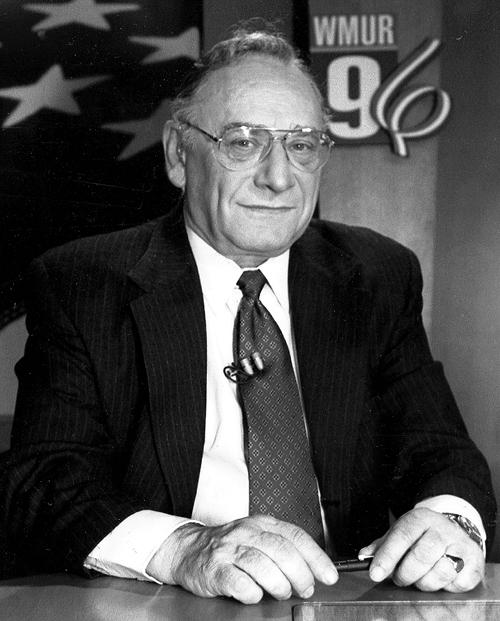Alumnus tells success secret: Choose profession you love
January 30, 2007
Once upon a time, the offices of The Daily Illini were in the basement of Gregory Hall where the newspaper’s reporters only had access to typewriters. Along with the classic writing tools came writers like Hal Bruno.
Bruno recalls the early days, before the evolution of the Internet, computers and cell phones when he would have to physically track down sources – the days when he was sports editor for The Daily Illini.
A native of Chicago and University alumnus, Bruno became widely known for his political commentary and coverage, and also for being political director of ABC News, a post he held for 19 years. He covered presidential campaigns from the Kennedy administration through the first Bush administration, winning numerous awards over a career that spanned more than four decades.
But as successful as Bruno has been, he said real success isn’t the amount of awards you receive, but the passion you put toward your trade.
“Success is having the satisfaction of doing what you honestly love doing,” Bruno said in a phone interview from his home in Chevy Chase, Md. “Once you find that job that you love, there’s no stopping the level of success one can achieve.”
Get The Daily Illini in your inbox!
Bruno is among a number of former DI writers who would go on to find success in journalism, like Playboy founder Hugh Hefner and Pulitzer Prize winning movie critic Roger Ebert. But to some of the DI’s former journalism graduates who attended the University, Bruno was more than a writer, he was a presence with a powerful pen.
That’s the way Richard Rogers, class of 1952, remembers Bruno. Rogers was in his sophomore year when they first met.
“I remember he had a big jaw and a powerful head,” Rogers recalled. “I saw the ‘Vet Crew,’ Hugh Hefner, Robert Novak and Bruno, as big shots, so I kept quiet during the meetings,” he said, referring to the veteran crew of writers.
Others remember Hal Bruno as an example of excellence.
“He was very well-known for his interview skills and leadership qualities in the newspaper,” said William Brady, a journalism graduate in 1950. “He was very popular for giving great stories and was a real trendsetter in the College of Communications.”
Bruno’s rise began almost immediately after he earned a Bachelor of Arts degree in journalism in 1950. By the following fall, he was working as sports editor for the DeKalb Daily Chronicle.
After spending a year in the Army, he returned home and began working as a crime reporter for the Chicago City News Bureau.
After the intense training at the news bureau, he joined the Chicago American, a newspaper where he said he covered a wide range of major stories.
From there he went on to work at Newsweek from 1960-1978. He would join ABC News in 1978 where he worked until his retirement in 1998. Bruno also worked as an Army Intelligence officer during the Chinese-Indian War.
Today Hal Bruno is chairman of the National Fallen Firefighters Foundation and director of the Chevy Chase Fire Department.
Although he is not as involved in the life of a journalist as he once was, he is still close enough to see the changes that technology has brought to the industry and said that the Internet has become a driving force in shaping news coverage.
“The Internet overpowers the people more then helps them,” he said. “Instead of helping tell the story, the Internet is the story.”
However, he said he feels that there are ways to keep the original integrity of journalism alive.
“My advice for a young journalist is to have a lot of self-discipline, experience, great training and unbreakable motivation,” Bruno said. “There are so many people out there who discourage kids from doing what they love because it can’t make them millions.”
For Donald Harper, a University journalism alumnus and DI writer from 1949 to 1953, Hal Bruno, among others, help set the standard for journalism at the University.
“He was a figure that spelled out reporting,” Harper said. “He was the image of success because we knew he loved his profession, not for the popularity, but for the glory of the story.”







